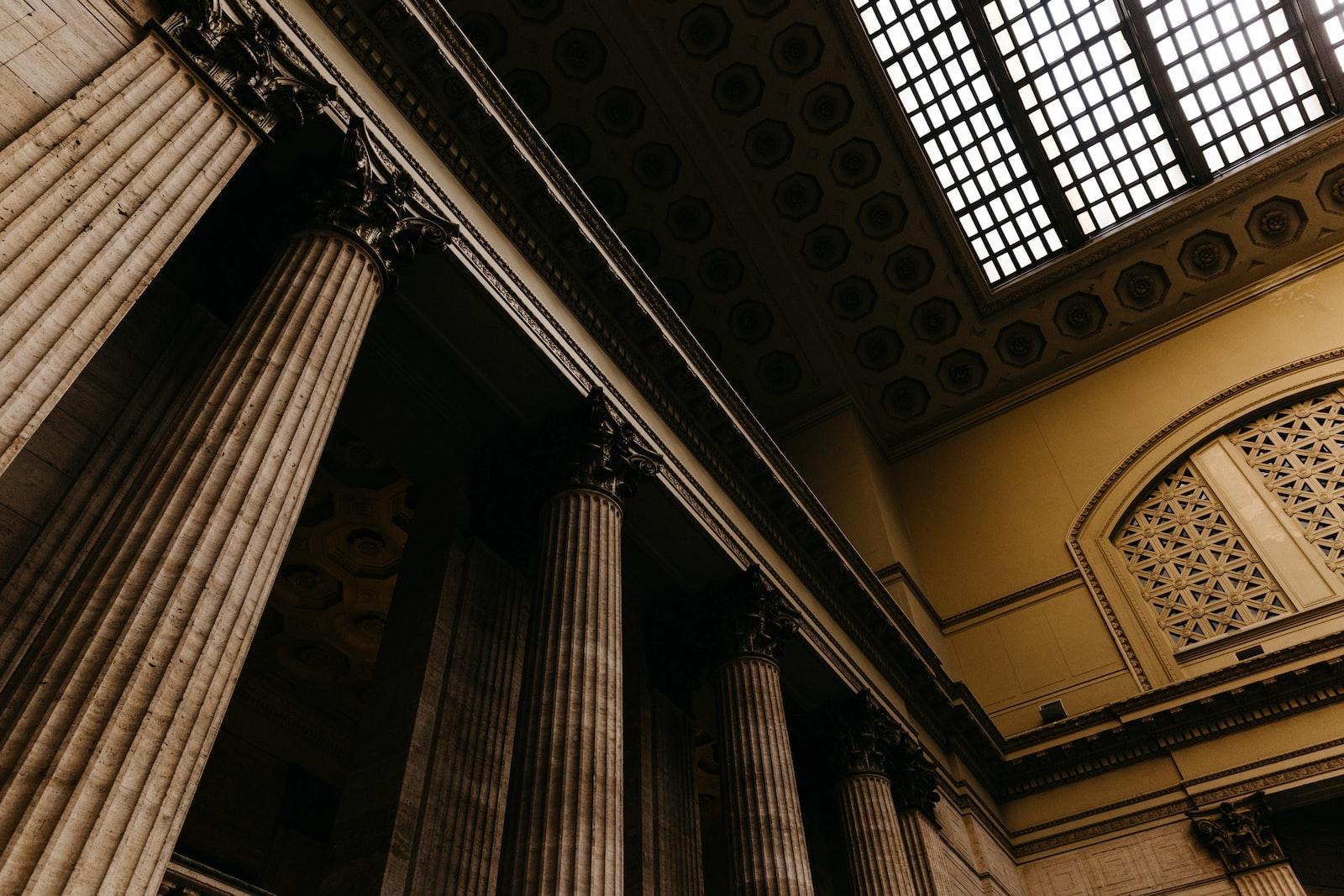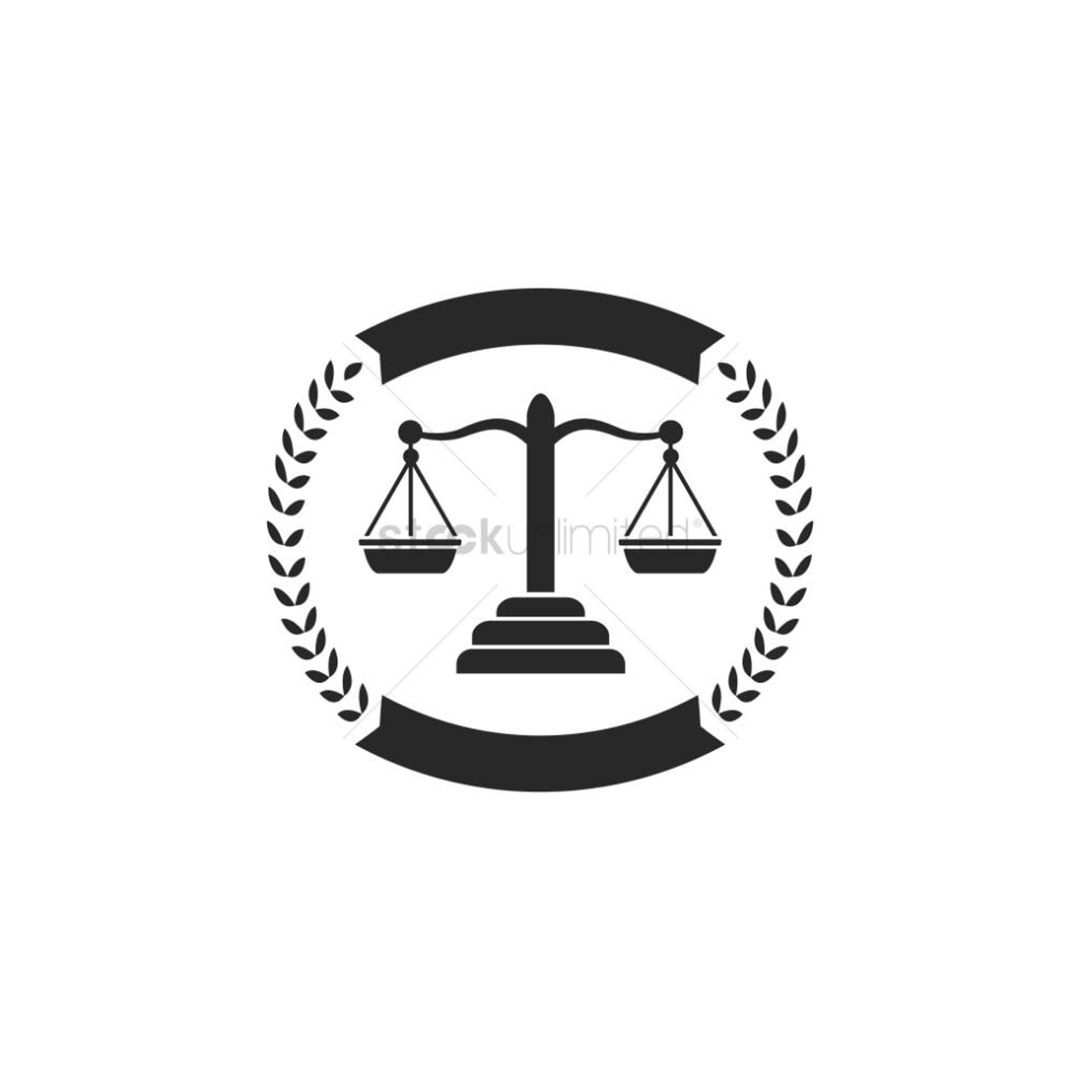
What is Jurisdiction?
Jurisdiction means power, authority or right of a legal or political agency to exercise its authority over a person, subject matter, or territory. In this case, we are considering the Courts, that is, the Judiciary.
It is generally known as the livewire of the court to hear and determine a matter before it.
It settled law that where a court lacks jurisdiction over a matter and proceeds to hear and determine such, it is an exercise of futility. It has been declared by the court has no matter how well the proceedings were conducted, it is a fruitless exercise.
"Jurisdiction can be raised at any time before Judgement is given - even for the first time at the Supreme Court."
How Can a Court have Jurisdiction?
Generally, a court can only have jurisdiction to hear a matter by the Constitution. The Constitution stipulates the powers and limits to the authority of a court to hear and determine a matter and to give orders as well. For instance, the Constitution provides for the exclusive jurisdiction of the Federal High Court in section 251.
The Constitution can also stipulate that an Act of the National Assembly, or a Law of the House of Assembly of a State can enact such legislation that would confer jurisdiction to a court to hear and determine certain matters.
Types of Jurisdiction
Jurisdiction can be understood under 4 arms:
- Subject-Matter Jurisdiction;
- Territorial Jurisdiction;
- Original Jurisdiction
These arms would be examined extensively soon. Subscribe here to get alerts when we publish more.
Subject-Matter Jurisdiction
This refers to the right of a court to determine cases/matters that the law expressly conferred on them jurisdiction to hear and determine. This is in the aspect of subject-matter. Consider subject matter to mean: contract, murder, election petitions, marriage petitions, etc.
The High Court of States have unlimited jurisdiction to hear and determine matters, although the concept of its unlimited jurisdiction is always in dispute. Nonetheless, it cannot hear and determine cases that it lacks the power to hear and determine. Matters like incidents arising from the Companies and Allied Matters Act, defence, Federal enactments on copyright, etc. Those are in the exclusive preserve of the Federal High Court.
Magistrate Courts also lack the jurisdiction to hear matters that borders on capital punishment (death penalty issues).
Territorial Jurisdiction
This refers to the right of a court to determine cases/matters that arose within its geographic location. For instance, if a contract between A and B was made in Umuahia, an a dispute arose over the contract, the court that would have jurisdiction to hear the matter is the High Court of Abia State situated at Umuahia. The High Court of Abia State situated in Aba or Ikwuano cannot have jurisdiction to hear the matter.
This will also be the case if the dispute arose in Umuahia. The Lagos State High Court would have no jurisdiction to hear and determine the case.
Original Jurisdiction
Original jurisdiction refers to the power of a court to hear a matter as the court of first instance. That is, the very first court that would hear the matter.
The High Court of States, the Federal High Court and the Magistrates and District/Area Courts can be regarded as the court of first instance. Similarly, the Court of Appeal and the Supreme Court can be regarded as a court of first instance where the law permits.
Conclusion
The fuel and drive of the legal powers of a Court to determine a matter is tied to the jurisdiction accorded to it by the law that creates it, like the Constitution. Without jurisdiction, a court cannot legally hear, determine and make orders on a matter. Where such occurs, it is an exercise in futility.



Leave a Reply